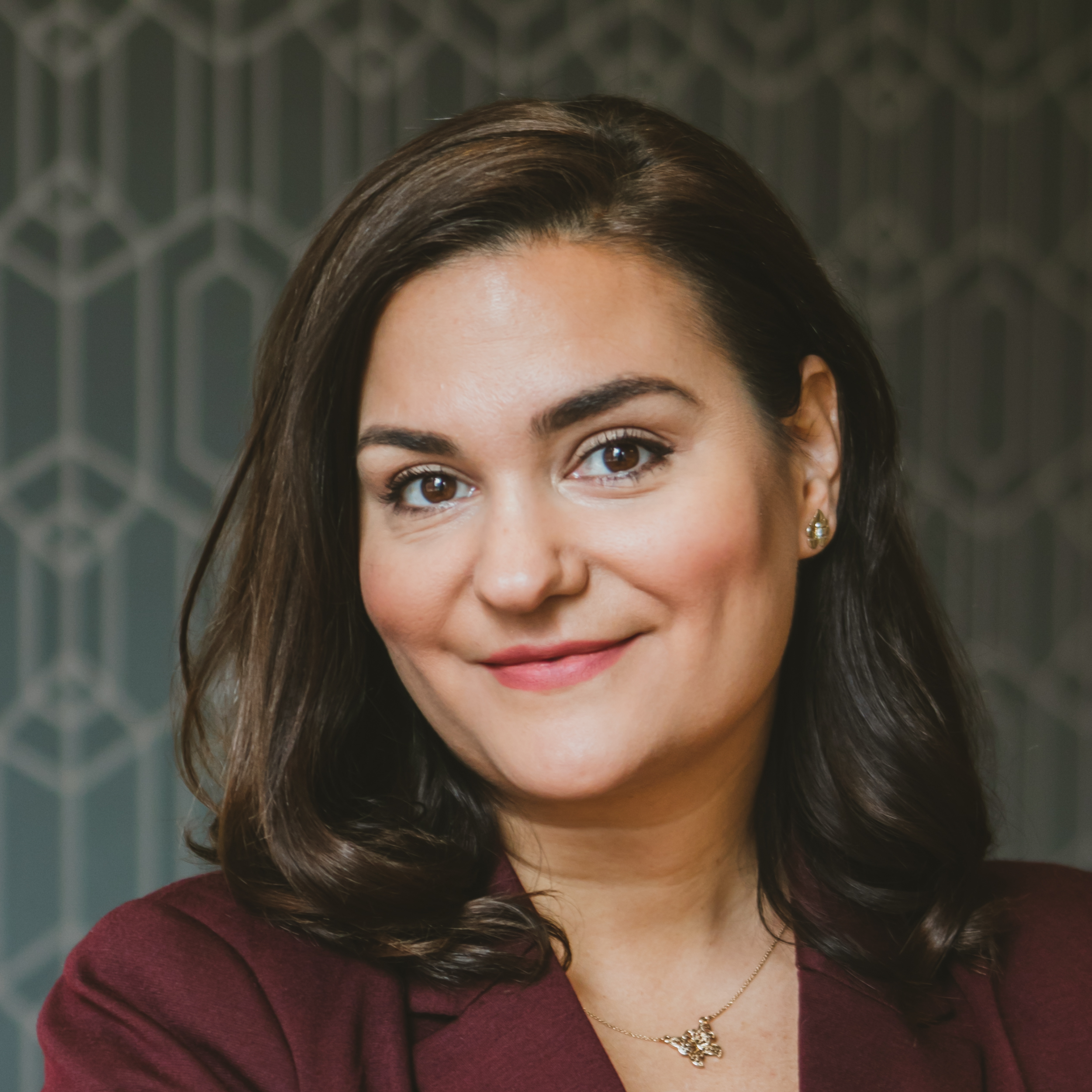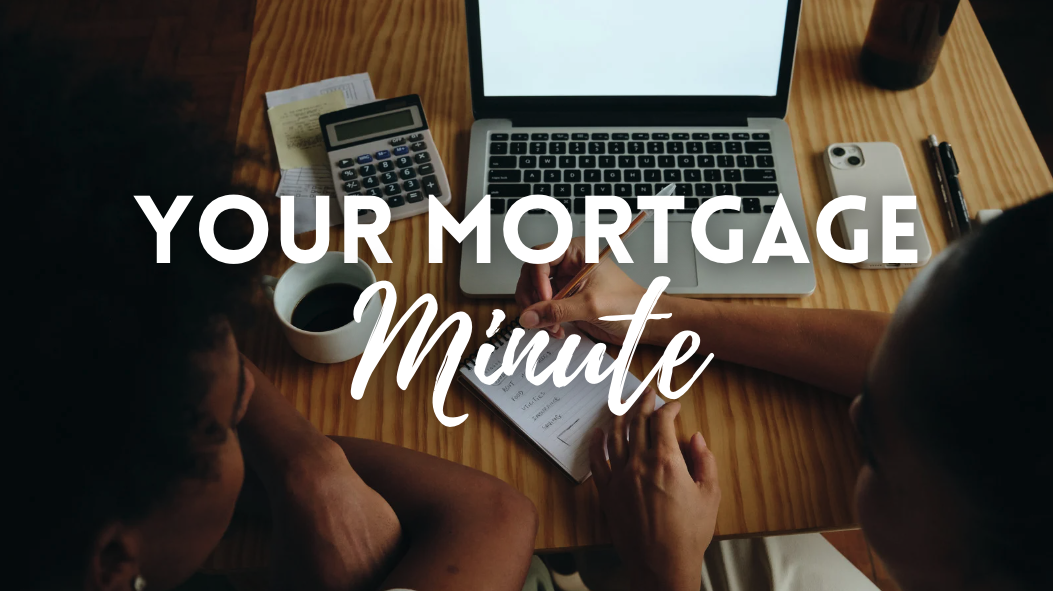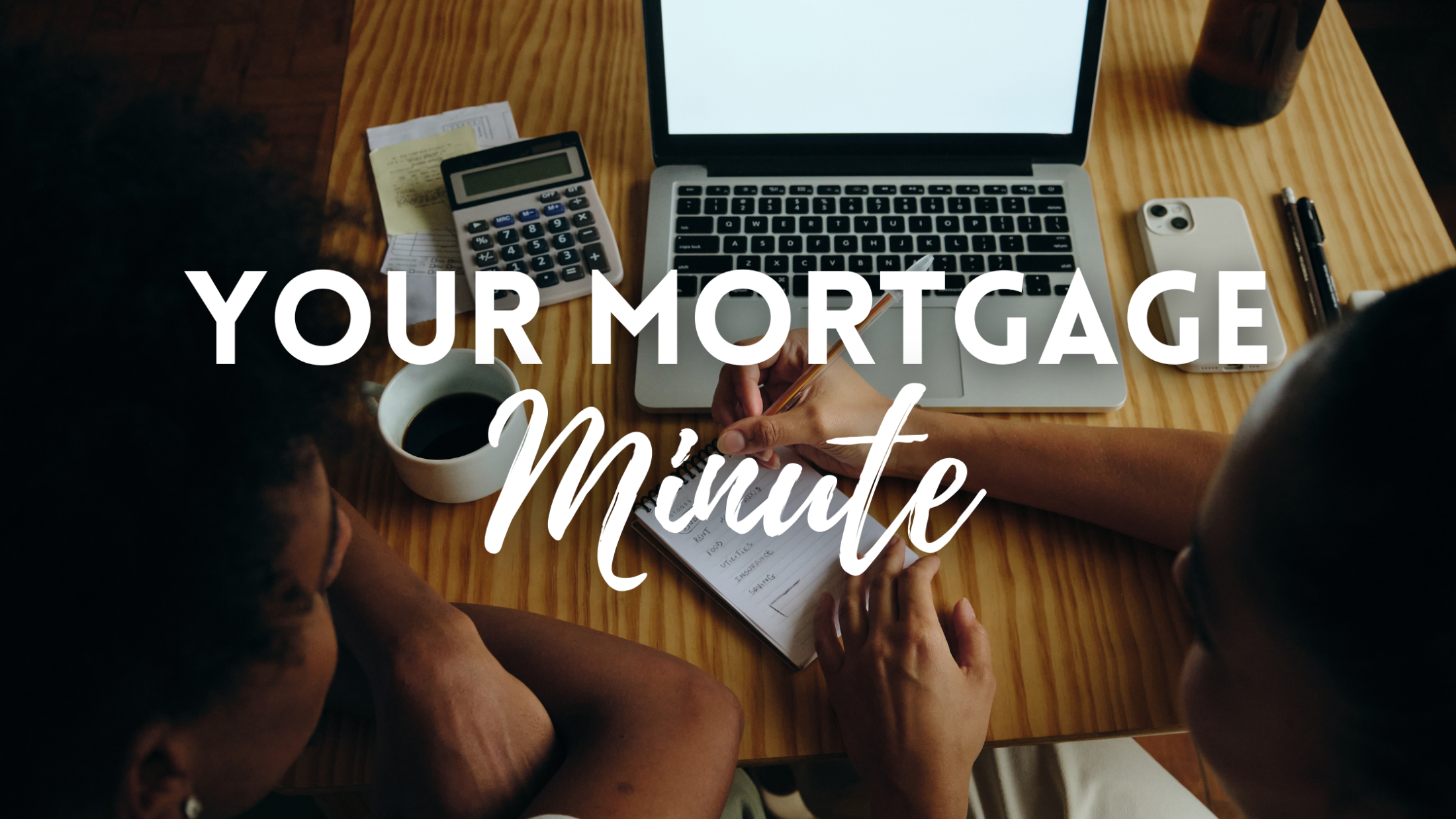Everywhere you look, mortgage rates are front and centre—but the fine print behind those low numbers can cost you more than you think. This month, our trusted mortgage broker, Paul Macara, with Macara Mortgages, has some thoughts on why it’s not always about the rate.
We get it, mortgage rates are everywhere. You see them on ads, in your inbox, and all over comparison websites. And it’s tempting to chase the lowest number on the board.
But here’s the thing: the mortgage with the lowest rate isn’t always the cheapest in the long run.
Whether you’re renewing, refinancing, or switching lenders, it’s important to look beyond the headline rate and ask a few smart questions before signing on the dotted line.
Not all mortgages are created equal
Some lenders offer teaser rates that jump sharply after the intro period. Others offer “no frills” mortgages that take away basic features like prepayments or portability just to offer a slightly lower rate.
And here’s something many borrowers don’t realize: the lowest mortgage rates are often reserved for insured mortgages—typically those with down payments under 20%. These loans carry less risk for the lender, which is why they get better pricing. So, even if a rock-bottom rate catches your eye, it may not be available to you unless your mortgage qualifies.
Before you choose, here are 10 questions you should be asking:
Is this rate only available on insured mortgages?
If you have more than 20% equity, you may not qualify for the rate you saw advertised.Can I make lump-sum payments or increase my monthly payment?
Flexibility matters if you want to pay down your mortgage faster.What’s the penalty if I break this mortgage?
Life happens. Make sure you understand the cost of ending the term early. And be aware that prepayment penalties can vary widely between lenders.Is this a short-term teaser rate?
If the rate only lasts 6 months and then resets much higher, your long-term cost could be greater.Is this a no-frills mortgage?
Lower-rate products often remove useful features, which could limit your ability to refinance with other lenders, make prepayments, or move the mortgage with you if you buy a new home.Can I transfer this mortgage to a new property?
If you move, a non-portable mortgage could mean thousands or even tens of thousands in prepayment penalties.Is this a fixed or variable rate?
Fixed gives payment stability, while variable rates move with the market. What fits your risk tolerance?How is the fixed-rate penalty calculated?
Not all lenders’ penalty calculations are created equal Some use harsher comparison rates in their IRD (interest rate differential) formula, which can make breaking your mortgage more costly.What’s the lender’s reputation?
A low rate won’t mean much if service is poor or approvals are rigid.What’s the total cost over the term?
Ensure you know the total cost, not just the rate.
A better mortgage is about the full picture
Choosing the right mortgage is about more than rate. It’s about flexibility, protection, and making sure your mortgage fits your life…not just your budget.
Have questions or want a personal mortgage referral? I’m always happy to connect you with trusted pros like Paul—just reach out anytime.
Jacqueline Ross, REALTOR®
Coldwell Banker Oceanside
(250) 415-5656
jac@yourvanislehome.com
Instagram | Facebook
Get the newsletter!


